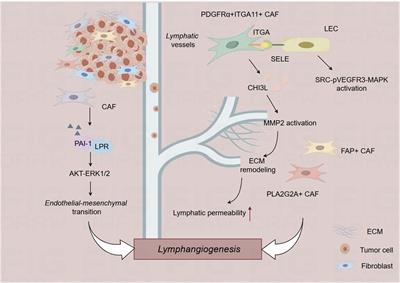ORIGINAL RESEARCH
Published on 03 Mar 2025
Multi-omics analysis of the dynamic role of STAR+ cells in regulating platinum-based chemotherapy responses and tumor microenvironment in serous ovarian carcinoma
doi 10.3389/fphar.2025.1545762
- 394 views
1,169
Total downloads
4,520
Total views and downloads
ORIGINAL RESEARCH
Published on 03 Mar 2025
ORIGINAL RESEARCH
Published on 25 Feb 2025
ORIGINAL RESEARCH
Published on 04 Feb 2025
MINI REVIEW
Published on 11 Dec 2024

OPINION
Published on 16 Sep 2024
